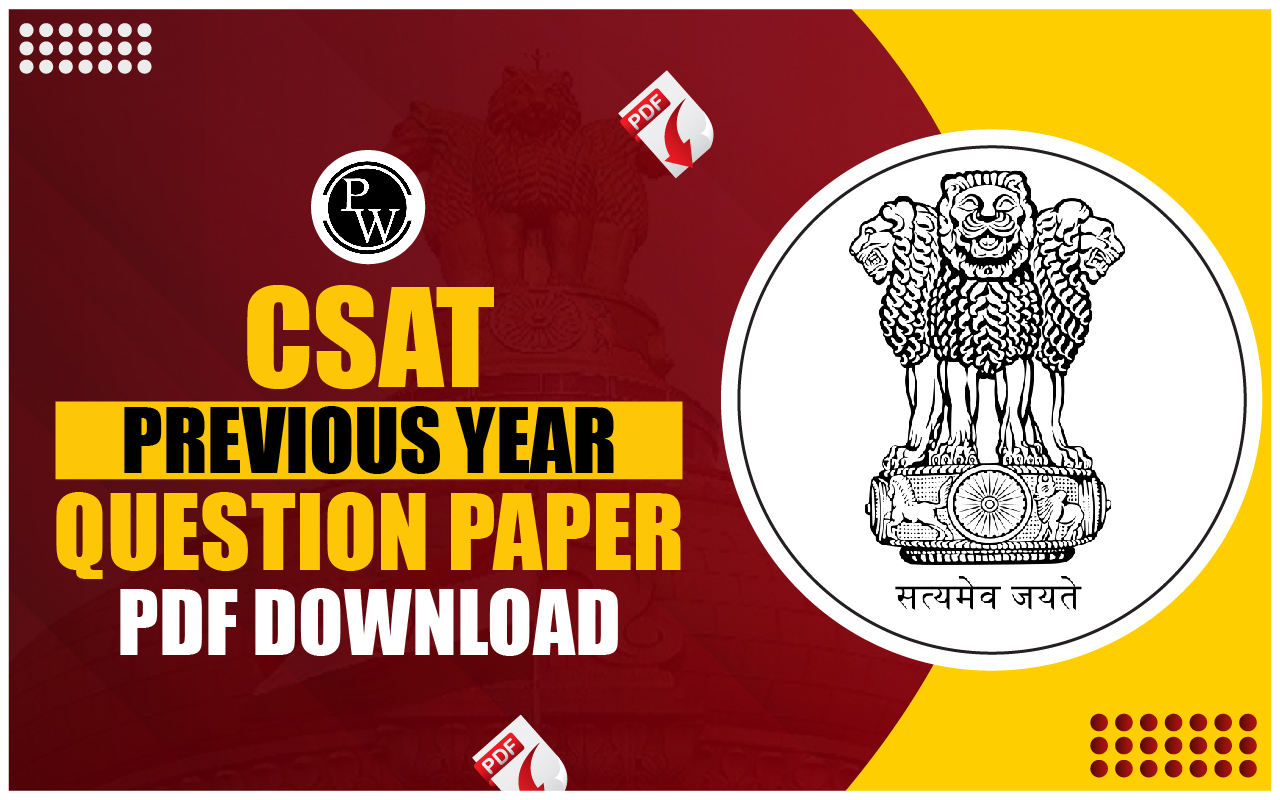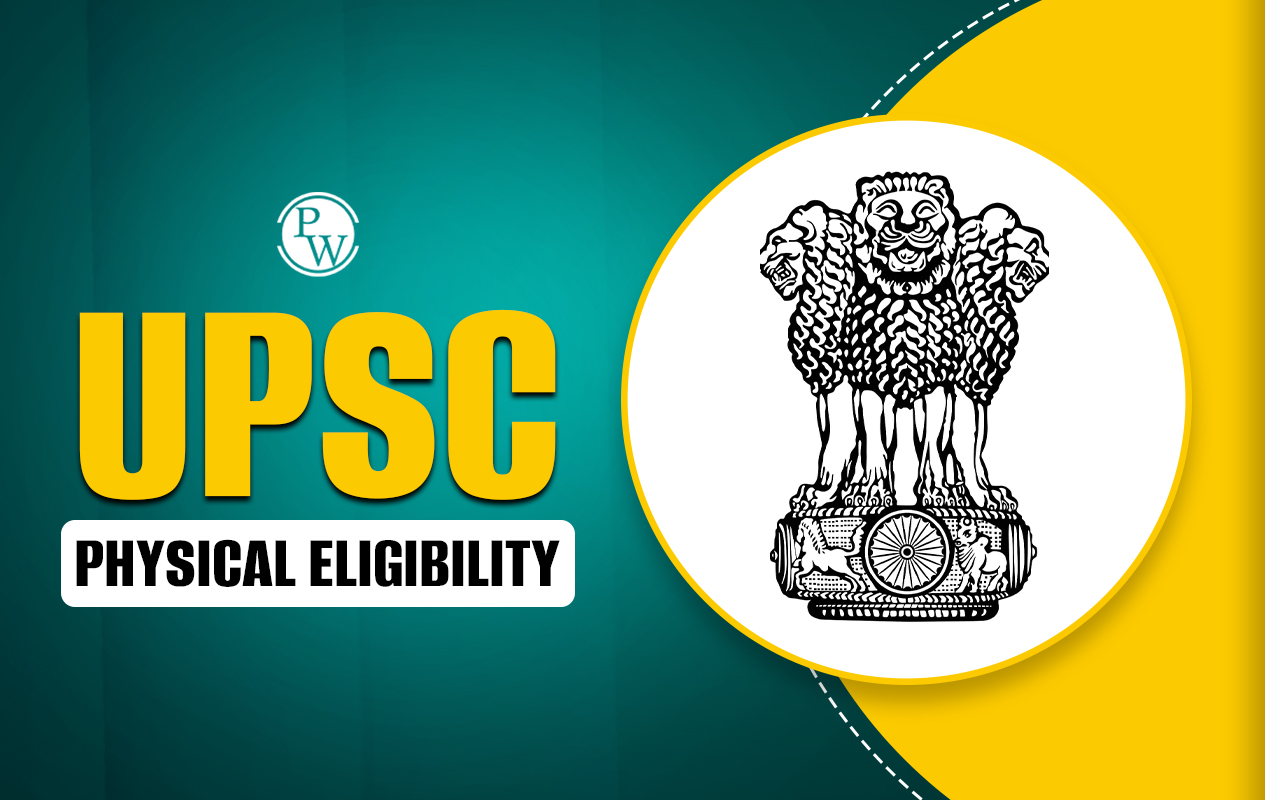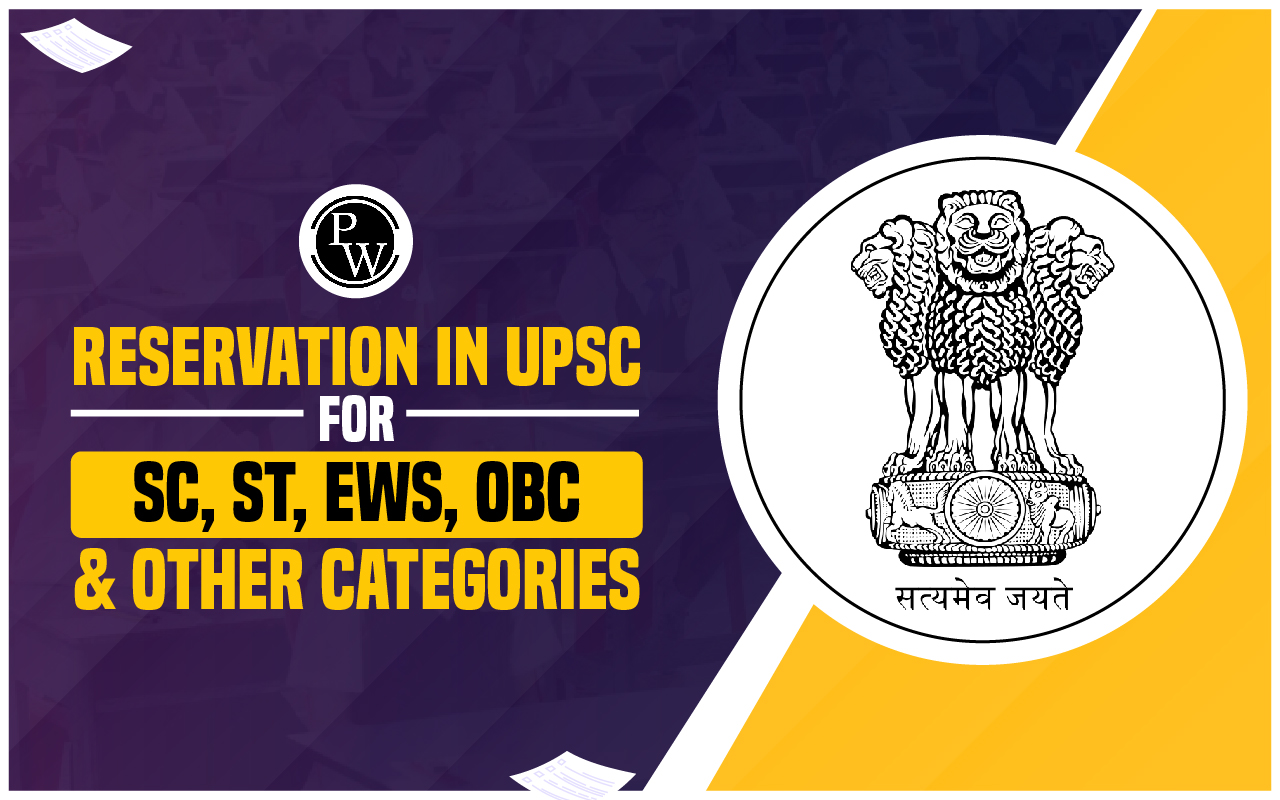
National Commission for Women (NCW) is a key statutory body in India dedicated to protecting and promoting women's rights. NCW was established under the National Commission for Women Act, 1990 , and it aims to address various social, economic, and legal issues that affect women. The NCW has supported women’s welfare, equality, and justice. This commission not only acts as a facilitator for grievance redressal but also works as a proactive watchdog, seeking to eliminate gender-based discrimination and empower women in every domain of life.
This guide will provide an in-depth overview of the National Commission for Women , its composition, functions, powers, initiatives, challenges, and potential measures for improvement.
Establishment of the National Commission for Women
The National Commission for Women was established in 1992 as a statutory body under the National Commission for Women Act, 1990 . Recognizing the urgent need for a dedicated organization that can support and work for women's welfare, the Indian government set up the NCW with a mission to provide a platform for addressing the issues concerning women's rights and ensuring their protection.
The commission started operating after years of debate and discussion about women’s rights in India. The inception of NCW was influenced by the recommendations made by the Shah Commission (1978) and the Rathnaswamy Committee (1986) on the status of women in the country, which highlighted the need for a focused and specialized body.
Since its establishment, the National Commission for Women has expanded its mandate and strengthened its role in influencing policy, addressing grievances, and spearheading initiatives for women’s empowerment.
Composition of the National Commission for Women
According to Section 3 of the National Commission for Women Act, 1990 , the Commission consists of:
- Chairperson : A person committed to the cause of women.
- Five Members : Individuals with experience in areas such as law, trade unionism, administration, health, education, and women's organizations. At least one member must belong to the Scheduled Castes and another to the Scheduled Tribes.
- Member-Secretary : An expert in management or sociology or a government officer with relevant experience.
Term : The Chairperson and members hold office for three years. Removal : The Central Government may remove members under specific conditions, such as insolvency, misconduct, or incapacity.
National Commission for Women Powers and Functions
The National Commission for Women bear substantial powers and perform multiple functions to safeguard women's rights in India. Here’s a breakdown of the powers and functions of NCW:
1. Investigative Powers
- The commission has the power to investigate and examine matters which are directly related to the safeguards provided for women under the Constitution and various other laws.
- NCW can undertake suo moto investigations or inquiries into cases of violations of women's rights.
- The NCW can demand suitable documents and summon individuals during investigations, giving it significant authority to discover facts and address grievances.
2. Advisory Role in Legislative Reforms
- The commission plays an essential role in reviewing existing laws related to women and recommending amendments to ensure that these laws are fair, up-to-date, and effective.
- It advises the government on policy reforms and helps them to shape legislation that impacts women, supporting progressive legal provisions that promote gender equality.
3. Handling Complaints and Grievances
- The National Commission for Women receives complaints from women facing issues such as domestic violence, workplace harassment, dowry harassment, and sexual assault.
- The NCW provides legal assistance and counselling to complainants and helps to resolve issues through mediation and legal action .
- The commission may also intervene in specific cases to speed up the process of justice or ensure that appropriate action is taken by relevant authorities.
4. Awareness Campaigns and Education Programs
- The commission organizes public campaigns, seminars, and workshops to raise awareness about issues that affect women and to educate the public about women’s rights and legal protections.
- It conducts programs that are aimed at educating women about their legal rights, self-defence techniques, and economic empowerment opportunities.
5. Research and Documentation
- The National Commission for Women engages in research and documentation on issues related to women, including studies on gender inequality, violence against women, and women’s participation in the workforce.
- The data collected is used to support policy recommendations, enhance public understanding, and monitor progress on various issues concerning women’s welfare.
6. Coordination with NGOs and State Commissions
- The NCW collaborates with state commissions, NGOs, and other stakeholders to implement projects for women’s empowerment and to address systemic issues affecting women across India.
- It works closely with non-governmental organizations to support grassroots initiatives and gather insights on challenges faced by women in different regions.
| State Commissions for Women operate in various states and union territories of India alongside the NCW, established under respective state laws. These commissions function similarly to the NCW, addressing women's issues and promoting their rights. States and Union territories with such commissions include Andhra Pradesh, Assam, Bihar, Chhattisgarh, Delhi, Goa, Gujarat, Haryana, Himachal Pradesh, Jammu and Kashmir, Jharkhand, Karnataka, Kerala, Madhya Pradesh, Maharashtra, Manipur, Meghalaya, Mizoram, Nagaland, Odisha, Punjab, Rajasthan, Sikkim, Tamil Nadu, Telangana, Tripura, Uttar Pradesh, Uttarakhand and West Bengal. |
First Chairman of the National Commission for Women
The first chairman of the National Commission for Women was Jayanti Patnaik , a prominent social worker and politician who played a significant role in shaping the commission’s agenda and objectives in its early days. She focused on pressing issues like domestic violence, gender discrimination, and dowry-related cases. Her leadership helped establish the groundwork for the commission’s mission and structure.
Since the establishment of NCW, the National Commission for Women chairman has been responsible for setting the commission's vision and strategy and guiding it towards achieving its objectives of protecting and promoting women’s rights.
| Past Recipients of National Commission for Women chairman | ||
| S. No. | Name | Tenure |
| 1 | Ms. Jayanti Patnaik | 3 February 1992 - 30 January 1995 |
| 2 | Dr. V. Mohini Giri | 21 July 1995 - 20 July 1998 |
| 3 | Ms. Vibha Parthasarathi | 18 January 1999 - 17 January 2002 |
| 4 | Dr. Poornima Advani | 25 January 2002 - 24 January 2005 |
| 5 | Dr. Girija Vyas | 16 February 2005 - 15 February 2008 9 April 2008 - 8 April 2011 |
| 6 | Ms. Mamta Sharma | 2 August 2011 - 1 August 2014 |
| 7 | Ms. Lalitha Kumaramangalam | 29 September 2014 - 28 September 2017 |
| 8 | Ms. Rekha Sharma (Acting Chairperson) | 29 September 2017 - 6 August 2018 |
| Ms. Rekha Sharma | 7 August 2018 - 6 August 2021 7 August 2021 - 6 August 2024 | |
| 9 | Ms. Vijaya K. Rahatkar | 22 October 2024 - Till date |
Achievements and Impact of the National Commission for Women
Since its inception, the National Commission for Women has made significant contributions to protect and promote women's rights in India. Some of its key achievements include:
- Promoting Legal Awareness: The NCW has conducted many campaigns to raise legal awareness among women, which will help them understand their rights and encourage them to report abuses.
- Influencing Policy Reforms: The NCW has influenced policies like the Protection of Women from Domestic Violence Act, 2005 and the Sexual Harassment of Women at Workplace (Prevention, Prohibition, and Redressal) Act, 2013 . These laws have provided women with stronger protections and more options for seeking justice.
- Addressing Social Issues: The NCW has worked tirelessly to address issues like dowry, human trafficking, and gender-based violence while raising awareness and pressuring law enforcement to take stronger action.
- Strengthening Women’s Voices: By providing a platform for women to express their concerns, the NCW has empowered countless women across India to stand up for their rights and seek justice.
Challenges Faced by the National Commission for Women
Despite its many noteworthy achievements, the National Commission for Women has also faced several challenges that limit its effectiveness:
- Limited Jurisdiction: The NCW lacks the power to execute its recommendations, which can sometimes limit the impact of its initiatives.
- Inadequate Funding and Resources: The commission often struggles with limited financial and human resources, which restricts and hinders its ability to operate at full capacity.
- Coordination with Other Bodies: Due to overlapping jurisdictions and administrative hurdles, the NCW sometimes faces challenges in coordinating effectively with other government agencies and state-level commissions.
- Inadequate Representation : The Commission lacks diverse representation, especially from marginalized groups.
- Limited Outreach : The NCW struggles to reach women in remote areas or those who are illiterate.
UPSC Relevance
- For UPSC aspirants, understanding the National Commission for Women , its origins, powers, and role in shaping gender policy is essential.
- The NCW serves as an important example of India’s commitment to protecting women’s rights and addressing social justice issues, making it a critical topic in understanding the country’s social and political landscape.
Conclusion
The National Commission for Women plays an essential role in supporting gender equality and addressing women’s issues in India. While it has achieved significant milestones, the challenges it faces highlight the need for reforms in its structure, powers, and outreach.
Ready to take the next step in your UPSC journey? Enroll in our comprehensive course today and avail right guidance, essential resources, and personalized support to qualify for your exam
| UPSC Related Articles | ||
| UPSC Prelims Questions | NCERT for UPSC Exam 2025 | UPSC Mains Admit Card |
| UPSC Mains Exam Pattern | UPSC Scholarship Test | UPSC Result |
National Commission for Women FAQs
Q1. Who is the present Chairperson of the National Commission for Women?
Q2. Is the National Commission for Women statutory or constitutional?
Q.3 When was the National Commission for Women Act passed?
Q.4 What is the role of the National Commission for Women?
Q5. How many members are there in the National Commission for Women?
Q.6 What are the powers of the National Commission for Women?










